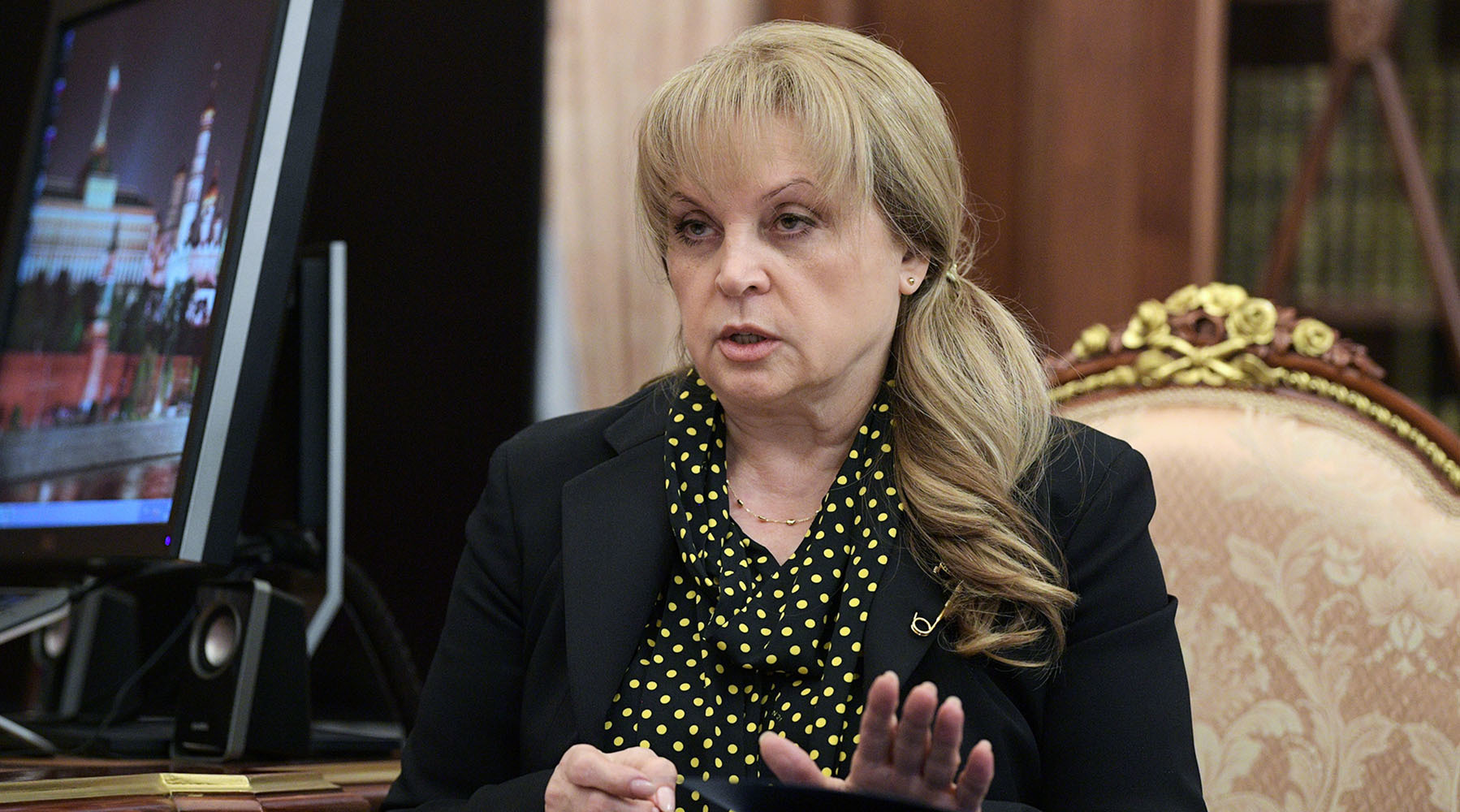Russian President Vladimir Putin signed a law on amendments to the electoral legislation, which provides for the possibility of multi-day voting in elections at all levels. The corresponding document is posted on the official Internet portal of legal information.
According to the document, polling stations will be able to operate no more than three in a row.
"By decision of the election commission organizing elections, referendum, voting in elections (including repeat voting, repeat elections), referendums can be held for several days in a row, but no more than three days," the document says.
Earlier, amendments to the electoral legislation were adopted by the State Duma and approved by the Federation Council. This format of voting will apply not only to local, but also to the Duma elections. Counting of votes will begin immediately after the closure of polling stations on the last day of voting.
The decision on the operation of polling stations must be made by the relevant election commission within ten days after the appointment of elections and cannot be revised.
In case of many days of work of polling stations, early voting, as well as participation in elections or referendums with absentee certificates, will not be carried out. In addition, it is allowed to hold elections outside the electoral commissions, namely in the adjoining territories and areas of common use.
The changes also define the procedure for recalling a commission member. A political party must submit to the governing body that has appointed a member of the commission, a reasoned proposal for his recall, and then a new candidate. If proposals for replacement are not submitted, the initiative will not be considered.
Earlier, the head of the Central Election Commission, Ella Pamfilova, said that in a number of Russian regions, elections of various levels, scheduled for mid-September 2020, will be held within three days. Early voting will take place on September 11 and 12, with the main election day scheduled for September 13. She explained this decision by the "requirement of the time", since the epidemiological situation due to coronavirus in the regions of Russia is different. The early voting procedure, she said, was developed for 41 regions.
- RIA News
- © Alexey Druzhinin
“We do not take all regions, we will have different kinds of campaigns in 83 regions. But we have developed and propose to adopt this procedure (early voting on September 11 and 12. - RT ) for 41 regions, "she said.
In addition, the CEC has planned an experiment on electronic remote voting in two regions.
In September, 83 constituent entities of Russia will hold elections of various levels: by-elections of deputies of the State Duma will take place in four regions, elections of deputies of legislative assemblies will take place in 11 regions, and direct elections of senior officials in 18 regions.
It should be noted that a month ago a nationwide vote on amendments to the Constitution took place. Citizens of the country could vote from June 25 to July 1. In addition, residents of Moscow and the Nizhny Novgorod region were given the opportunity to cast their votes remotely using electronic bulletins.
As Ella Pamfilova explained then, the Central Election Commission made such a decision in order to reduce the likelihood of the spread of coronavirus infection, in particular, by diluting the flow of voters "both in time and in space."
“It will be even safer than taking part in other already authorized events. And it’s definitely safer than going to the store, ”the head of the commission said then.
In addition, in May, State Duma deputies in the third, final reading adopted amendments to the federal law "On Basic Guarantees of Electoral Rights and the Right to Participate in a Referendum of Citizens of the Russian Federation", which provide for the possibility of voting in a remote format - using electronic tools and by mail. In particular, a single portal of state and municipal services can be used to collect signatures of voters and referendum participants.
Later, the deputy chairman of the CEC Nikolai Bulaev indicated that remote voting will be carried out in the regions only if there are appropriate conditions. According to him, lawmakers simply created an opportunity for voting in remote formats.

